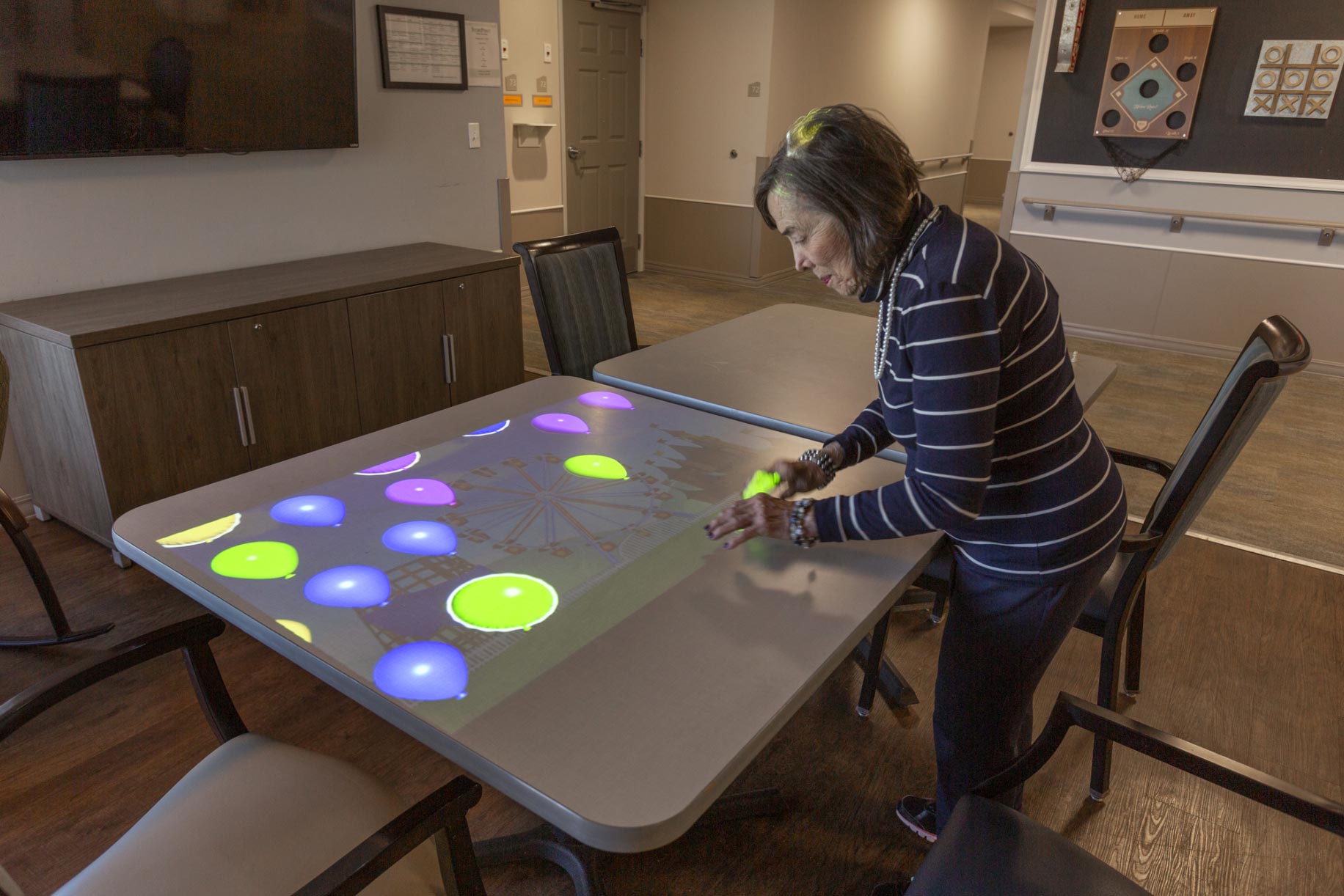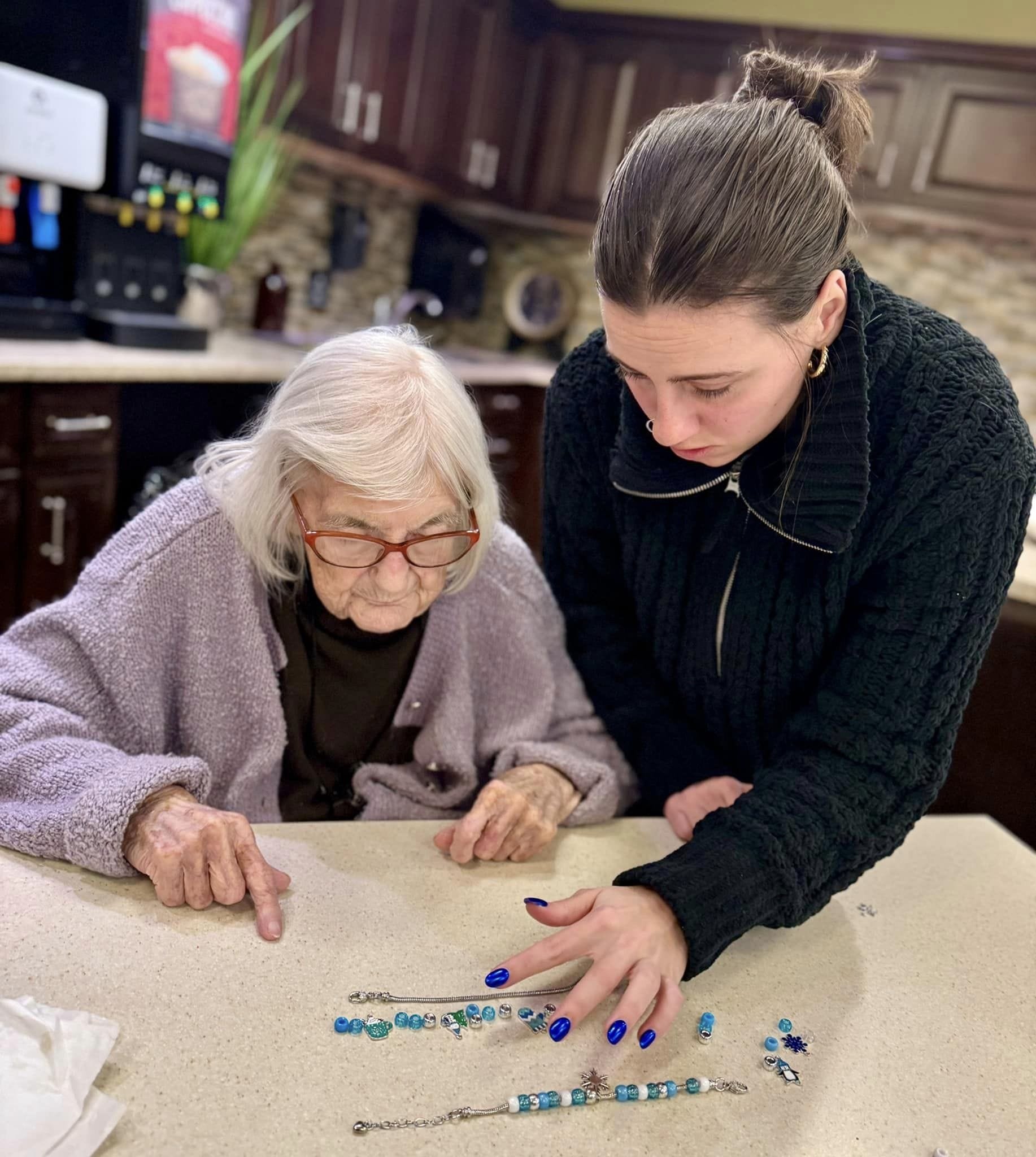Enhancing Convenience and Security With Alzheimers Care Charlotte Solutions
Enhancing Convenience and Security With Alzheimers Care Charlotte Solutions
Blog Article
Professional Tips for Giving Top quality Alzheimer's Treatment in your home
Caring for a private with Alzheimer's illness at home presents one-of-a-kind challenges that call for both understanding and calculated planning. As we explore these expert tips additionally, it becomes clear that a thoughtful method can dramatically affect the quality of life for both the caretaker and the specific obtaining care.
Understand Alzheimer's Condition
Alzheimer's condition, a dynamic neurodegenerative disorder, exceptionally influences cognitive function and everyday living tasks. It mostly affects memory, thinking, and habits, causing a steady decline in the capabilities needed for independent living. Early signs commonly consist of forgetfulness, trouble in problem-solving, and obstacles in completing acquainted tasks. As the illness progresses, individuals may experience disorientation to time and place, impaired judgment, and changes in mood and personality.
The etiology of Alzheimer's is complicated, including the accumulation of amyloid plaques and tau tangles in the brain, which disrupt neuronal interaction and lead to cell death. Threat factors consist of age, genetics, and lifestyle options, with most of situations occurring in people over 65. Recognition of these facets is crucial for caregivers, as comprehending the problem can help with much better support and treatment strategies.
Furthermore, Alzheimer's illness not only affects the individual but also has substantial emotional and logistical effects for family members. Acknowledging the stages of the condition permits caretakers to prepare for obstacles and adapt their strategy, making certain that the demands of those influenced are satisfied with compassion and understanding. This foundational knowledge is crucial for promoting top quality treatment in your home.
Establish a Routine
Creating an organized daily regimen can substantially improve the high quality of life for people dealing with Alzheimer's disease. Establishing consistent patterns aids to reduce complication and stress and anxiety, giving a feeling of protection and knowledge. An everyday timetable must consist of routine times for dishes, activities, and remainder, which can help people anticipate what to anticipate throughout the day.
Incorporating easy, familiar jobs right into the regimen can promote a sense of success and freedom. Tasks like gardening, cooking, or also simple house tasks can be advantageous. It is necessary to tailor these tasks to the person's rate of interests and capacities, ensuring involvement without irritation.
In addition, versatility within the regimen is essential. While uniformity is essential, enabling for changes based on the person's state of mind or power levels can aid preserve a positive environment. Encourage engagement in social communications, whether with household gos to or community tasks, as these can offer excitement and link.
Enhance Interaction Abilities
Reliable interaction is essential for preserving meaningful connections with people coping with Alzheimer's condition. As cognitive abilities decrease, typical discussion might end up being challenging. Therefore, caregivers must adjust their interaction strategies to promote understanding and connection.

Energetic listening is essential. Program genuine rate of interest by keeping eye get in touch with and nodding to recognize their feelings or ideas. Avoid remedying or suggesting, as this might bring about frustration. Rather, verify their feelings and reroute the conversation gently if needed.
Making use of aesthetic help, such as photos or read created tips, can also enhance understanding. Encourage involvement in activities that boost conversation, such as reminiscing concerning past events or looking with photo cds.
Create a Safe Setting
A helpful environment plays a significant role in the wellness of people with Alzheimer's disease. Producing a safe home setting is necessary to decrease risks and boost the high quality of life for both the individual and their caregivers. Begin by assessing the living space for possible threats. Remove stumbling risks such as loosened carpets, electric cords, and clutter. Ensure that paths are clear and well-lit to avoid falls.
Install security locks on windows and doors to avoid wandering, which is a common problem in Alzheimer's individuals. Additionally, take into consideration utilizing non-slip mats in washrooms and install grab bars for included support. Classifying spaces and vital items can assist individuals browse their surroundings much more conveniently.
Emergency get in touches with need to be clearly published near phones, and a medical alert system more information can offer assurance. Consider utilizing childproofing steps for harmful materials and sharp items. Frequently inspect smoke alarm and carbon monoxide gas alarms to guarantee they are functioning. On the whole, tailoring the home setting to the special demands of the private with Alzheimer's not just promotes security but additionally urges freedom and comfort.
Look For Assistance and Resources
Accessing assistance and sources is essential for people and caretakers encountering the obstacles of Alzheimer's illness. Caregiving can be overwhelming, both literally and emotionally, and it is vital for caregivers to seek aid to keep their wellness and offer high quality treatment.

In addition, discovering break care alternatives can manage caregivers much-needed breaks, permitting them to minimize and recharge exhaustion. This may consist of grown-up day programs or at home treatment services. Monetary support programs may likewise be offered to aid offset the costs of care.

Final Thought
In summary, offering quality Alzheimer's treatment at home demands a complex approach. Understanding the complexities of the condition, establishing an organized regimen, improving communication skills, producing a secure atmosphere, and seeking assistance from readily available sources jointly contribute to improved caregiving experiences. Implementing these techniques not just promotes a sense of self-reliance and achievement for people with Alzheimer's yet also minimizes caregiver stress, eventually enhancing the quality of life for both caretakers and those they sustain.
Caring for a specific with Alzheimer's illness at home presents distinct obstacles that his response need both understanding and calculated planning.Additionally, Alzheimer's condition not only impacts the specific however also has considerable emotional and logistical effects for households.Developing an organized daily routine can considerably boost the high quality of life for people living with Alzheimer's illness.Efficient communication is crucial for preserving significant links with people living with Alzheimer's disease. Alzheimers Care Charlotte. Carrying out these approaches not just promotes a feeling of self-reliance and achievement for people with Alzheimer's however also relieves caregiver tension, inevitably boosting the high quality of life for both caretakers and those they sustain
Report this page